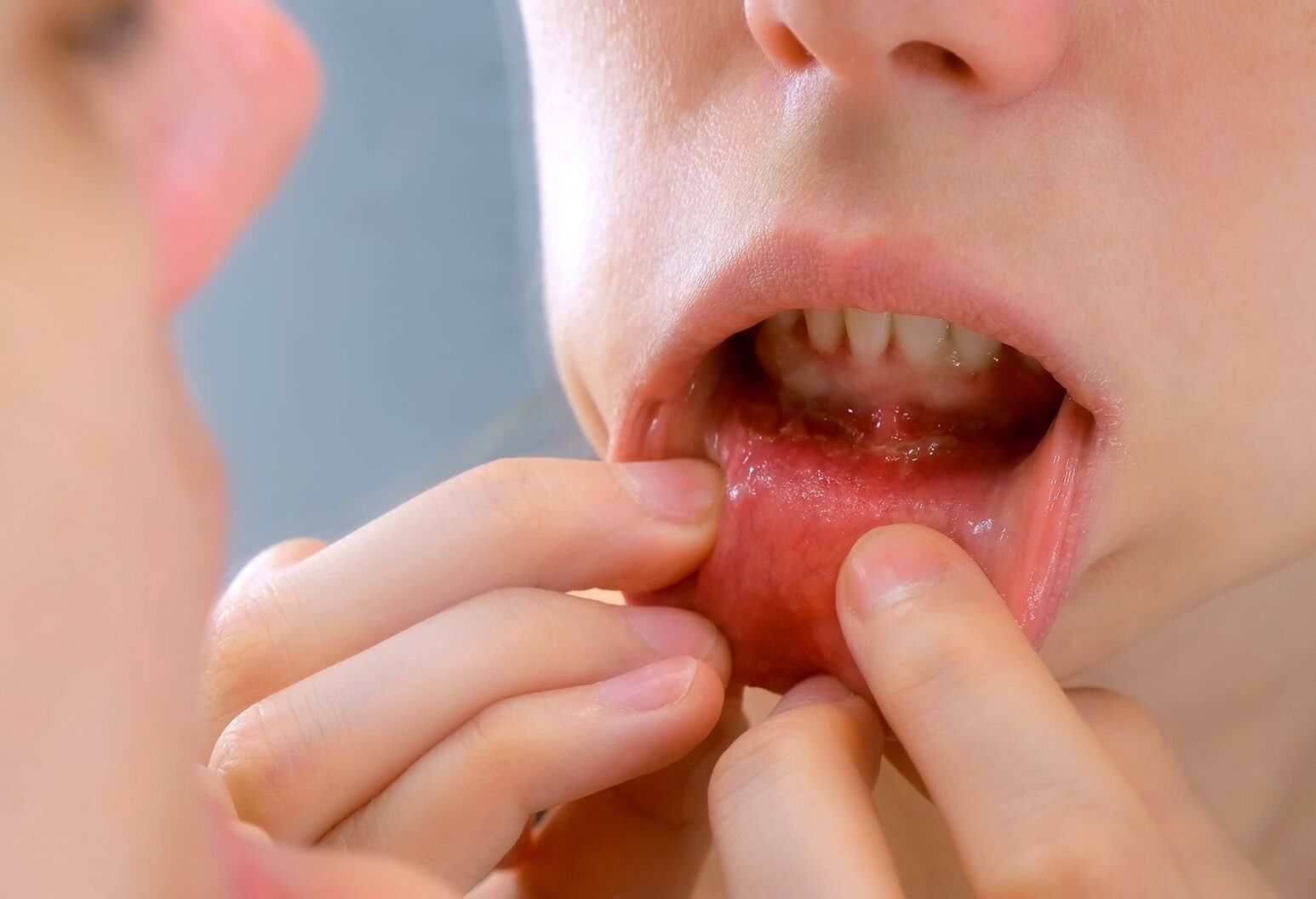Did you know there’s more than just St John’s Wort and omega-3s?
Most people have heard of popular natural remedies like St John’s Wort and omega-3 fatty acids when it comes to supporting mental health. But did you know that there’s a much broader range of over-the-counter (OTC) herbal products and supplements marketed for easing depression?
In our comprehensive review of clinical trials, we identified a surprising total of 64 different OTC products that have been investigated for their effects on depressive symptoms — although the quality and strength of evidence varies significantly across products.
Why focus on this topic?
Depression is now so widespread that it is often described as an epidemic. For example, in the UK, around 11.3% of people report experiencing mild depressive symptoms, while 4.2% face moderate levels, and 3.3% live with severe depression. Nearly everyone knows someone who struggles with low mood, or they may face it themselves.
People often try a variety of approaches to manage these symptoms — from antidepressant medications and psychotherapy to lifestyle interventions like exercise and meditation. One option that’s becoming increasingly popular is the use of readily available OTC products, which can be found at pharmacies, supermarkets, health food stores, or online.
However, once you begin researching which product to try, the list can feel endless — especially given the countless blogs, websites, and social media posts that promote various “natural” cures. So, how do we know what really works? Which supplements are safe and supported by robust evidence?
With my research background, I was particularly motivated to dig into which OTC options show promise and where scientific research should expand next.
How did we carry out this study?
As a team, we sifted through nearly 24,000 study records and reviewed 1,367 scientific papers. Ultimately, we found 209 clinical trials that examined 64 OTC products for depression when used for longer than one week.
We focused on clinical trials because they’re the gold standard for evaluating how effective and safe a product really is. The studies included adult participants aged 18 to 60 years with depressive symptoms or a formal diagnosis. We also checked for age bias by separately analyzing trials involving older adults — and found some evidence that older populations are underrepresented. This work is part of a broader series of projects exploring similar treatments for anxiety and insomnia, too.
Classifying OTC products can be tricky because different countries have varying rules and traditions — what’s common in one place might be unheard of elsewhere. To keep things practical, two public volunteers helped us filter out very obscure products (including some truly unusual ones, like powdered eels’ heads!).
What did the review reveal?
While we expected a lot of studies, finding more than 200 was more than we imagined! We even had to bring on an intern to help manage the sheer volume of information. The trials themselves were not always straightforward — some tested multiple doses or combinations, some included people taking antidepressants at the same time, and others included participants with various physical health conditions.
To make sense of the data, we grouped the findings into three categories:
-
Products with substantial evidence (more than 10 trials)
-
Products with emerging evidence (two to nine trials)
-
Products with only one trial
Well-known supplements dominated the “substantial evidence” category — omega-3s (39 trials), St John’s Wort (38), probiotics (18), vitamin D (14), and saffron (18), which is especially significant in the Middle East and parts of Asia.
Interestingly, the results were mixed: fewer omega-3 studies found clear benefits for depression than those that did not. Meanwhile, St John’s Wort and saffron more frequently demonstrated positive effects, sometimes comparable to prescription antidepressants. Probiotics and vitamin D were also more likely to ease depressive symptoms than a placebo.
In the “emerging evidence” group, folic acid, lavender, zinc, tryptophan, rhodiola, and lemon balm showed the most promise. Bitter orange, Persian lavender, and chamomile tea also showed beneficial effects in two trials each. Some popular supplements — like melatonin, magnesium, and curcumin — produced mixed results. The same was true for cinnamon, echium, vitamin C, and vitamin D combined with calcium. Prebiotics and a supplement called SAMe didn’t seem to perform better than placebo. For 41 products, we found only a single trial, which is useful for starting points but not enough to draw strong conclusions.
Are these products safe?
Encouragingly, very few safety concerns emerged from these trials — whether the products were used alone or alongside antidepressants. However, it’s always essential to consult a healthcare professional before trying any supplement to avoid unwanted interactions with other medications. It’s worth noting that only about 69% of the reviewed studies fully reported side effects, showing the need for better safety monitoring in future research.
Where should we go from here?
Out of the total, 89 trials tested OTC products alongside antidepressants — but very few explored whether combining them with talking therapies might boost benefits. Only one study even examined whether an OTC product could save the healthcare system money (it tested folic acid, which turned out to be no more effective than placebo). Understanding this economic aspect could be valuable moving forward.
While we have moderately strong evidence for some OTC products, others remain surprisingly under-studied, despite being popular. For example, surveys show that chamomile, lavender, lemon balm, and echium are commonly consumed for mood support but still need more rigorous trials. Some traditional herbs like ginseng, ginkgo, lime flowers, orange blossom, and peppermint are also widely used yet haven’t been clinically tested for depression at all.
In summary, our review has paved the way for identifying which OTC products deserve further research — and which ones might truly help people struggling with depressive symptoms in the future.








